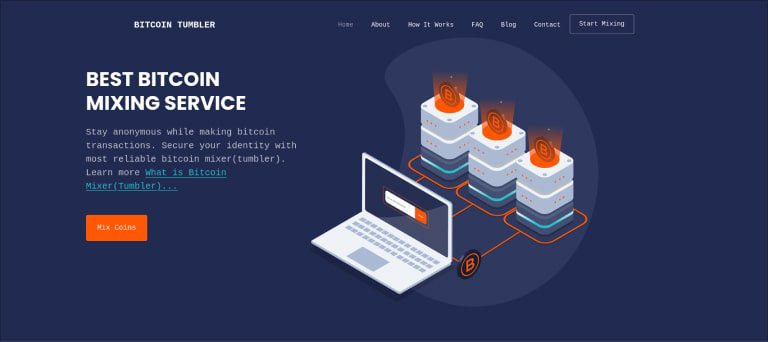All Aspects About Anonymizers

Anonymizers are tools that help users maintain online privacy, protect them from data breaches and cyber attacks, and bypass censorship. They can come in the form of browser extensions, software applications, or even VPNs and TOR networks. Anonymizers are a type of proxy server that makes Internet activity untraceable. They shield users from revealing personal information on the Internet and prevent their ISPs and websites from tracking them.
Anonymizers are tools that help people surf the internet without revealing their personal information. They protect privacy by masking a user’s IP address and other identifying information, which can prevent identity theft, prevent the spread of malicious software, and avoid censorship. They are often used by journalists, activists, and other people who work online. Hiding your IP address can also help you bypass restrictions on access to websites and content that are unavailable in your location. Many streaming services, for example, restrict access to their catalogs by country. This can be a problem for people who travel or work from home. Spoofing your IP address can help you access these services.
Although hiding your IP address can improve your privacy, it’s important to note that it’s not foolproof. Some advanced tracking techniques can circumvent anonymizers, and it’s impossible to guarantee absolute privacy in the age of government surveillance. Still, it’s a good first step for enhancing privacy. Anonymizers reduce the risk of identity theft, protect search histories from public disclosure, and allow users to bypass internet censorship. They also help organizations comply with PII regulations by making it difficult to re-identify information.
The most popular anonymizer is the Tor network, which routes internet traffic through a free, worldwide system of relays. This obscures a user’s location and usage from anyone conducting network surveillance or traffic analysis. Other anonymizers include Virtual Private Networks and proxy servers, which provide additional security by encrypting data.
The main goal of anonymizers is to make it impossible for someone to identify a person from a set of data points. To achieve this, they use various techniques such as data masking, aggregation, and perturbation. However, it is important to note that they do not guarantee total privacy. Users can still be tracked by websites using cookies and other tracking methods. In addition, crypto mixer may slow down web browsing speeds.
Unlike VPNs, which require dedicated software and can be expensive, a nonymizers are free and easy to use. They run on the user’s browser and work by redirecting page requests through their servers. These servers then anonymize the requested page and send it to the client. They can also reduce the load time of a site and lower bandwidth usage.
Anonymizers also help people avoid ad tracking, bypass restrictions and censorship, and protect against attacks on their personal data. However, they do not fully guarantee privacy because they may be vulnerable to security breaches and log user information. To ensure that they are not being compromised, users should choose an anonymizer that uses advanced techniques to anonymize the data. These include data shuffling, permutation and generalization, which combine values into ranges that are less identifiable. In addition, it is
